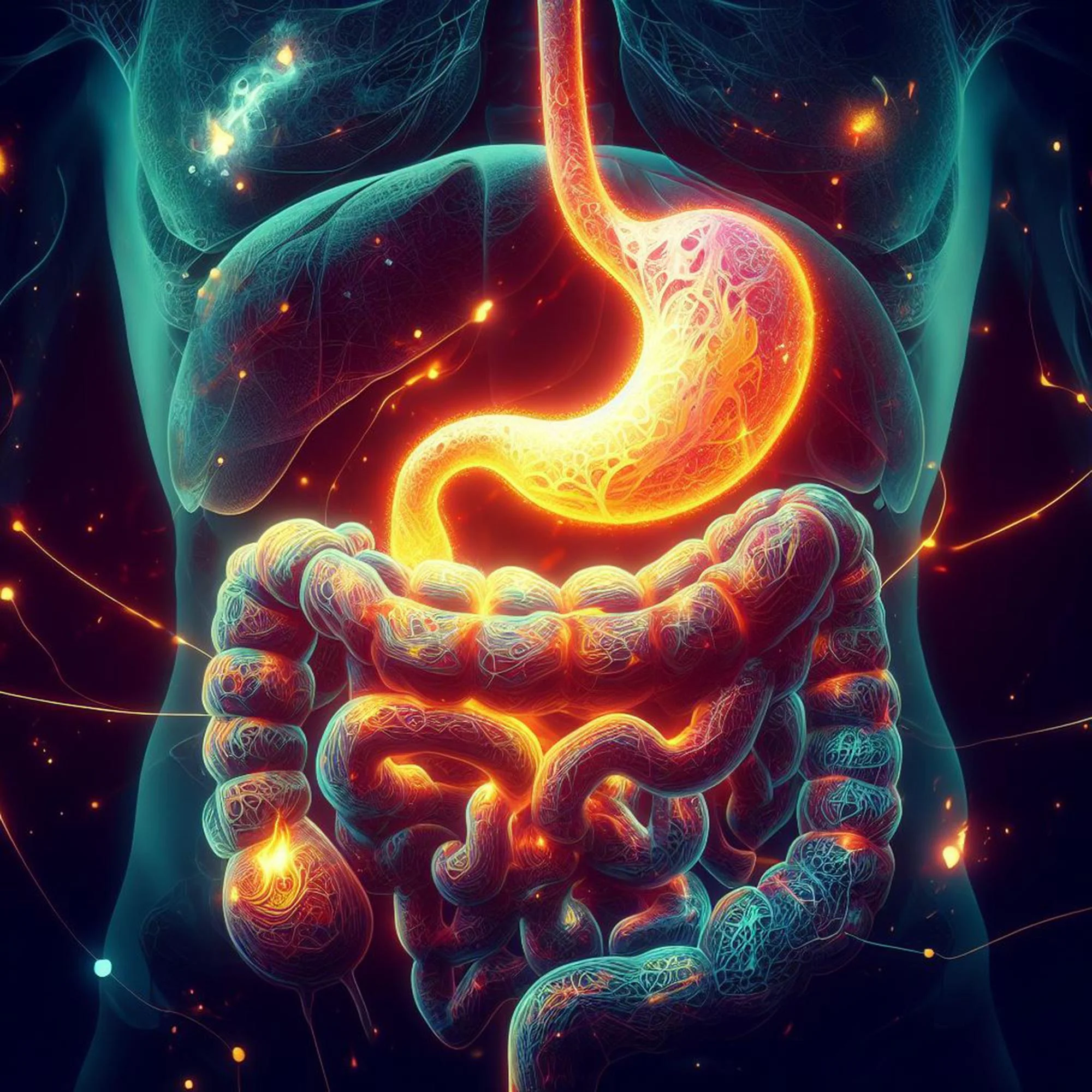Keywords
1. Esophageal cancer surgery complications
2. Post-esophagectomy pulmonary infection
3. Serum inflammatory markers in cancer prognosis
4. Pulmonary function after esophagectomy
5. Radical esophagectomy outcomes
A recent groundbreaking study published in the Saudi Medical Journal has shed light on the significant impact of pulmonary infection on serum inflammatory markers, pulmonary function, and the prognosis of patients undergoing radical esophagectomy for esophageal cancer. This research, conducted at The Affiliated Hospital of Putian University, China, presents compelling evidence linking postoperative pulmonary infection to poor outcomes and heightened mortality risks in esophageal cancer patients. The study’s findings are pivotal in improving postoperative care and developing strategies to mitigate the consequences of pulmonary infections following radical esophagectomy.
Conducted by Wang Wu, Yang Tianbao, Xie Jinbiao, and Huang Shijie, the study encompassed a cohort of 278 patients who underwent radical esophagectomy for esophageal cancer. The participants were divided into two groups: those who developed pulmonary infections postoperatively (the infected group, n=51) and those who did not (the uninfected group, n=227). Comparative analysis between these groups provided insights into the influence of pulmonary infection on inflammatory parameters, postoperative complications, and overall patient prognosis.
The infected group demonstrated markedly elevated levels of proinflammatory cytokines including interleukin (IL)-6, tumor necrosis factor-alpha (TNF-α), and IL-1β at seven days post-surgery. This aligns with the established role of such inflammatory markers in the body’s response to infection. Additionally, white blood cell counts were significantly higher in infected patients, indicating an active and perhaps excessive inflammatory response.
This overexpression of proinflammatory factors in the infected group correlated with a noticeable decline in pulmonary function. The study specifically measured forced expiratory volume, a key metric in assessing lung capacity and function, which was reduced in infected individuals. This functional impairment underscores the toll that postoperative pulmonary infections exact on respiratory health following esophagectomy.
Most importantly, the research makes evident the prognostic implications of pulmonary infections. There was a stark difference in early mortality rates between the infected and uninfected groups, signaling the critical nature of preventing and effectively managing pulmonary complications after radical esophagectomy.
The conclusion drawn from this rigorous investigation indicates that postoperative pulmonary infections not only lead to pulmonary function damage but also trigger an excessive systemic inflammatory response, culminating in an elevated risk of early death for patients.
The full article can be accessed through the DOI: 10.15537/smj.2024.45.1.20230504, and the study was entitled “Impact of pulmonary infection after radical esophagectomy on serum inflammatory markers, pulmonary function indices, and prognosis.”
References
1. He F, Wang J, Liu L, Qin X, Wan Z, Li W, et al. Esophageal cancer: trends in incidence and mortality in China from 2005-2015. Cancer Med 2021; 10: 1839-1847. DOI: 10.1002/cam4.3838. PMID: 33594825; PMCID: PMC7940233.
2. Uhlenhopp DJ, Then EO, Sunkara T, Gaduputi V. Epidemiology of esophageal cancer: update in global trends, etiology and risk factors. Clin J Gastroenterol 2020; 13: 1010-1021. DOI: 10.1007/s12328-020-01150-y. PMID: 32965635.
3. Zhu H, Ma X, Ye T, Wang H, Wang Z, Liu Q, et al. Esophageal cancer in China: practice and research in the new era. Int J Cancer 2023; 152: 1741-1751. DOI: 10.1002/ijc.33923. PMID: 36151861.
4. Watanabe M, Otake R, Kozuki R, Toihata T, Takahashi K, Okamura A, et al. Recent progress in multidisciplinary treatment for patients with esophageal cancer. Surg Today 2020; 50: 12-20. DOI: 10.1007/s00595-019-01869-8. PMID: 31535225; PMCID: PMC6952324.
5. Matsui K, Kawakubo H, Matsuda S, Hirata Y, Irino T, Fukuda K, et al. Clinical predictors of early postoperative recurrence after radical esophagectomy for thoracic esophageal cancer. Esophagus 2023; 20: 679-690. DOI: 10.1007/s10388-022-00919-8. PMID: 37222963.
The study by Wu et al. is a testament to the importance of vigilant postoperative monitoring for signs of infection and inflammation. By identifying factors associated with pulmonary infections and their subsequent effects, healthcare providers can tailor individual post-surgical interventions to enhance patient outcomes. The hope is that further research and implementation of findings such as these will lead to better long-term survival rates for esophageal cancer patients undergoing radical esophagectomy.
